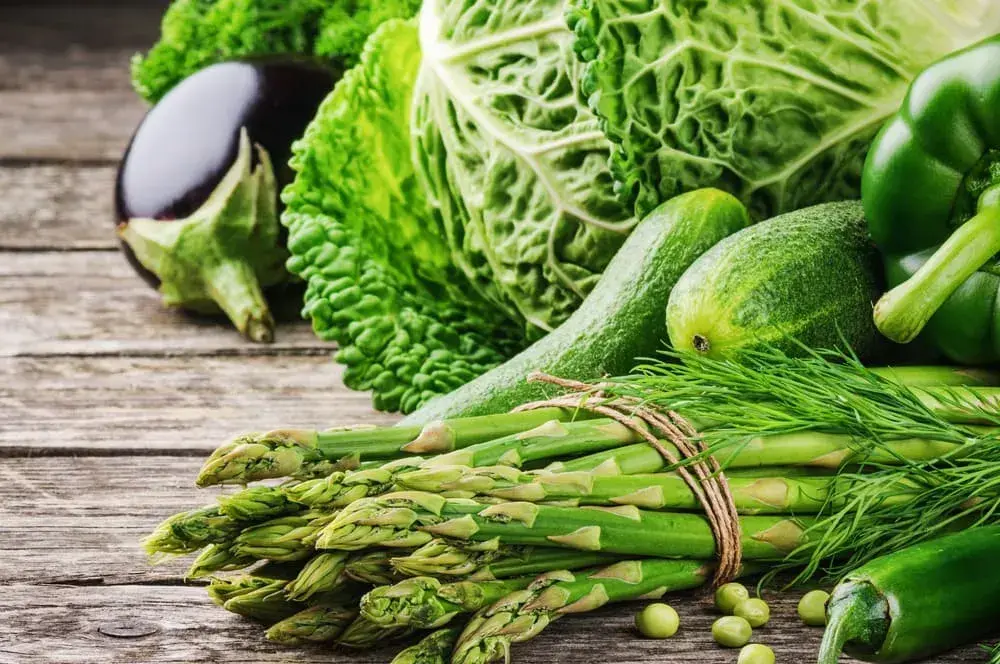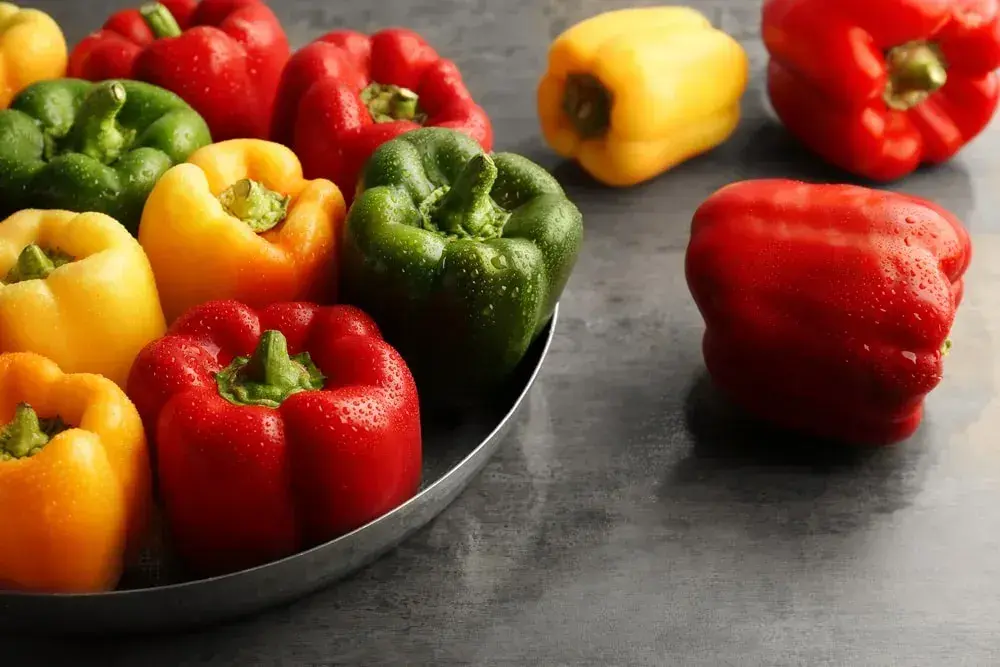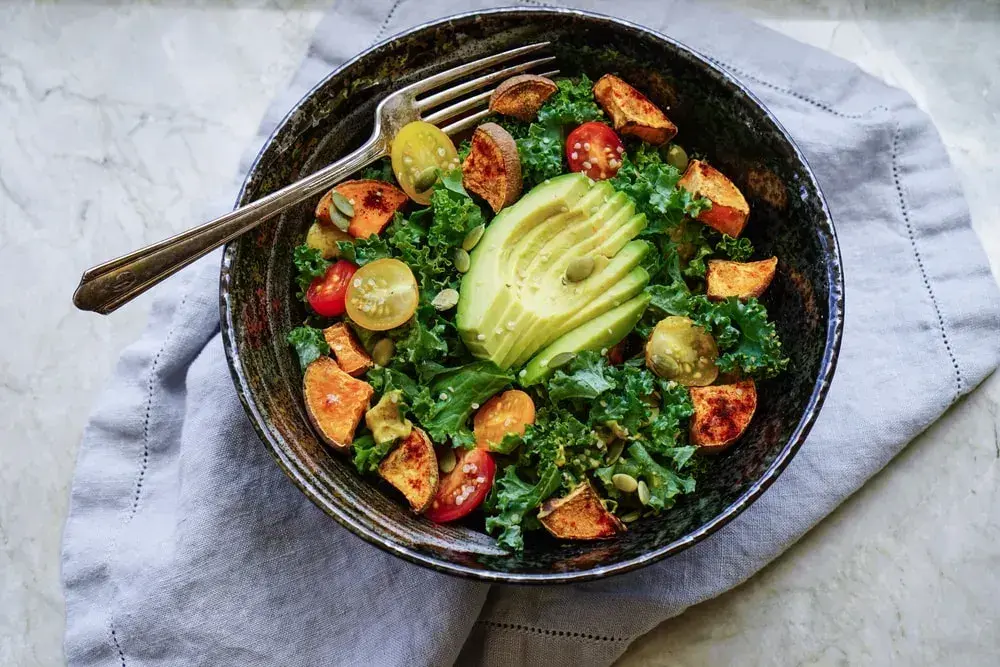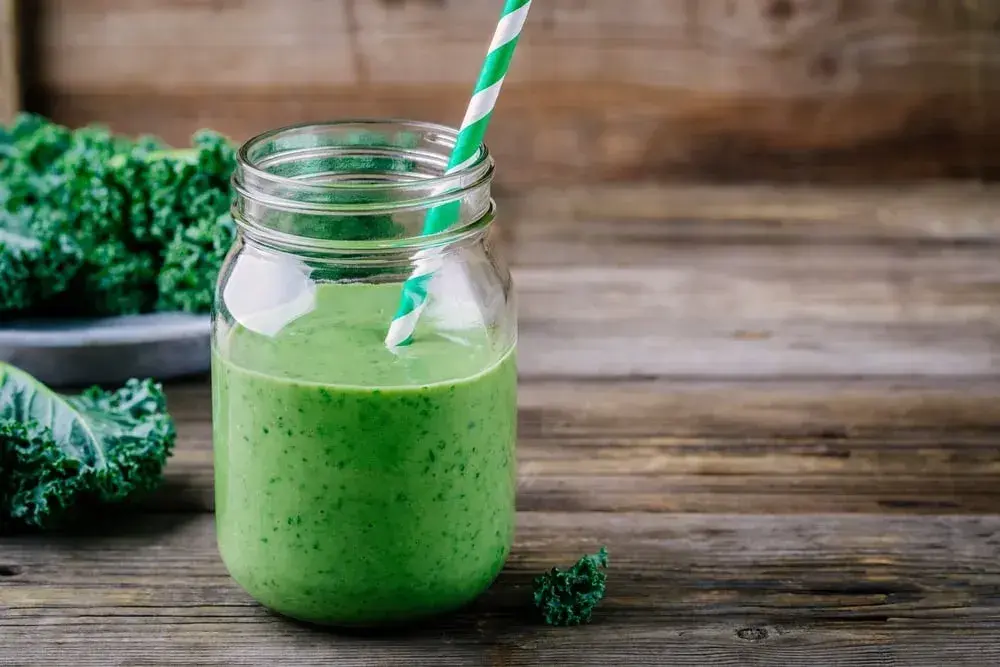4 min read
From The Doc: Yes, You Need To Eat Vegetables
Garcia Weight Loss
:
Feb 25, 2019 12:00:00 AM

/assets/images/provider/photos/2579784.jpg)
It’s the advice our mother always gave us and that health experts continue to push to this day: eat more vegetables. The 2015-2020 Dietary Guidelines for Americans say half of your plate should be vegetables. And yet, so many of us continue to eat far fewer vegetables than recommended. One study found that less than 14 percent of people are getting the recommended amount of vegetables each day!
Chances are, you already know vegetables are low in calories and sugar, and that they contain important nutrients. But for many people, they’re simply not as tasty as processed foods, meats, and other options. So, people tend to skimp on the salad and eat other, more palatable options like pasta or meat.
Chances are, you already know vegetables are low in calories and sugar, and that they contain important nutrients. But for many people, they’re simply not as tasty as processed foods, meats, and other options. So, people tend to skimp on the salad and eat other, more palatable options like pasta or meat.
All of this begs two very common — and important — questions:
- Do I still need vegetables if I eat a decent diet and take supplements?
- And if I don’t need to lose weight or cure a health problem, do I really need to eat so many vegetables?
Yes, you do. Here’s why.
Vegetables vs. supplements
Many people assume that if they’re taking a good vitamin, they can skimp on healthy foods like vegetables. While you can get your basic vitamins, minerals, and fiber from supplements, this is not the same as eating a whole vegetable.
Experts know that the vitamins and nutrients found in natural whole foods are infinitely more complex than those that are put in even the best vitamin supplements. The vitamins and minerals in vegetables have a number of co-factors and enzymes that cannot be replicated in a lab. Many of these co-factors are not yet understood, but experts believe they play a key role in preventing disease and boosting health in general.
This is not to say that supplements do not have value. In fact, a quality vitamin and mineral supplement can be an excellent addition to a healthy, vegetable-rich diet. It’s just that supplements simply cannot take the place of whole foods.
There are some instances in which a supplement is necessary, even with a healthy diet rich in vegetables. A vitamin D supplement, for instance, is important in today’s world, where many people are deficient in this vital nutrient. Vitamin D is also difficult to find in many foods.
Another good example of a supplement most people should be taking is omega-3. While we can get omega-3s from many healthy foods, including a few plant foods, it’s likely not in high enough amounts to meet our daily requirement.
Eating vegetables could save your life
Studies have shown that the people who eat the most fruits and vegetables have the lowest risk of cancer, heart disease, and death. A meta-analysis found that up to 7.8 million premature deaths in a year could be linked to a low fruit and vegetable intake.
Vegetables and other plant foods like fruits and legumes contain special chemicals known as phytonutrients. Experts have found more than 25,000 phytonutrients, which can help your body repair damage, keep your gut healthy, fight cancer, and reduce inflammation. Vegetables like broccoli, kale, spinach, and Brussels sprouts contain specific phytonutrients you can’t get anywhere else. That’s why health experts are always advising people to eat more of these!
These same results have not been seen with vitamin supplements. The evidence we have today shows that the most amazing health benefits only come from eating whole foods.
You can’t live on meat alone
Protein seems to get all the attention these days when it comes to weight loss. While some people may think they can easily survive on steaks and chicken, they will become deficient in certain key nutrients if they’re not eating plants.
Vegetables like leafy greens are the best sources of two crucial nutrients: potassium and magnesium. Potassium is essential for a healthy heart and electrolyte balance. Magnesium is involved in literally hundreds of your body’s processes, including muscle and nerve function, blood sugar and blood pressure regulation, and creating bone and DNA. Magnesium deficiency can cause appetite changes, muscle cramps, mood changes, poor sleep, and even seizures.
Vegetables are also one of the best ways to get fiber with very few calories. Meat does not contain fiber, as fiber is defined as the indigestible part of plant foods. And while most fruit and grains contain some fiber, they also contain more sugar, carbs, and calories than veggies. Leaving vegetables out of the equation is doing your health a major disservice.
They’re one of the healthiest ways to slim down
With obesity at an all-time high, many people are striving to lose weight and get healthier. And while there is no quick fix for weight loss, eating more vegetables is one of the best things you can do to lose excess weight. Studies show that a higher intake of vegetables and fruits is linked to lower body weight.
Vegetables contain the lowest amount of calories of all the food groups and will help fill you up with fiber. So if you make no other changes in your diet, try cutting back on another food group like grains or meat and eat more vegetables. You’ll likely start consuming fewer calories without a lot of extra effort.
And because veggies have a low amount of sugar and carbs, they’re great for preventing diabetes — or keeping blood sugar in check if you already have diabetes.
Don’t assume that you just hate vegetables
Everyone has a different palate, and it’s important to recognize that for some people, certain vegetables simply don’t taste good. That’s okay. No one has said that you must consume every type of vegetable.
What you can do, however, is find creative ways to implement vegetables into your diet. Make eating more vegetables a health goal. Focus on the vegetables you like, and occasionally try a new one or a new way of preparing one and see whether you like it.
Ready to upgrade your diet and get on track to better health? Garcia Weight Loss and Wellness Centers can help create a personalized plan that works for your unique needs. Contact us today for a no-cost consultation!



